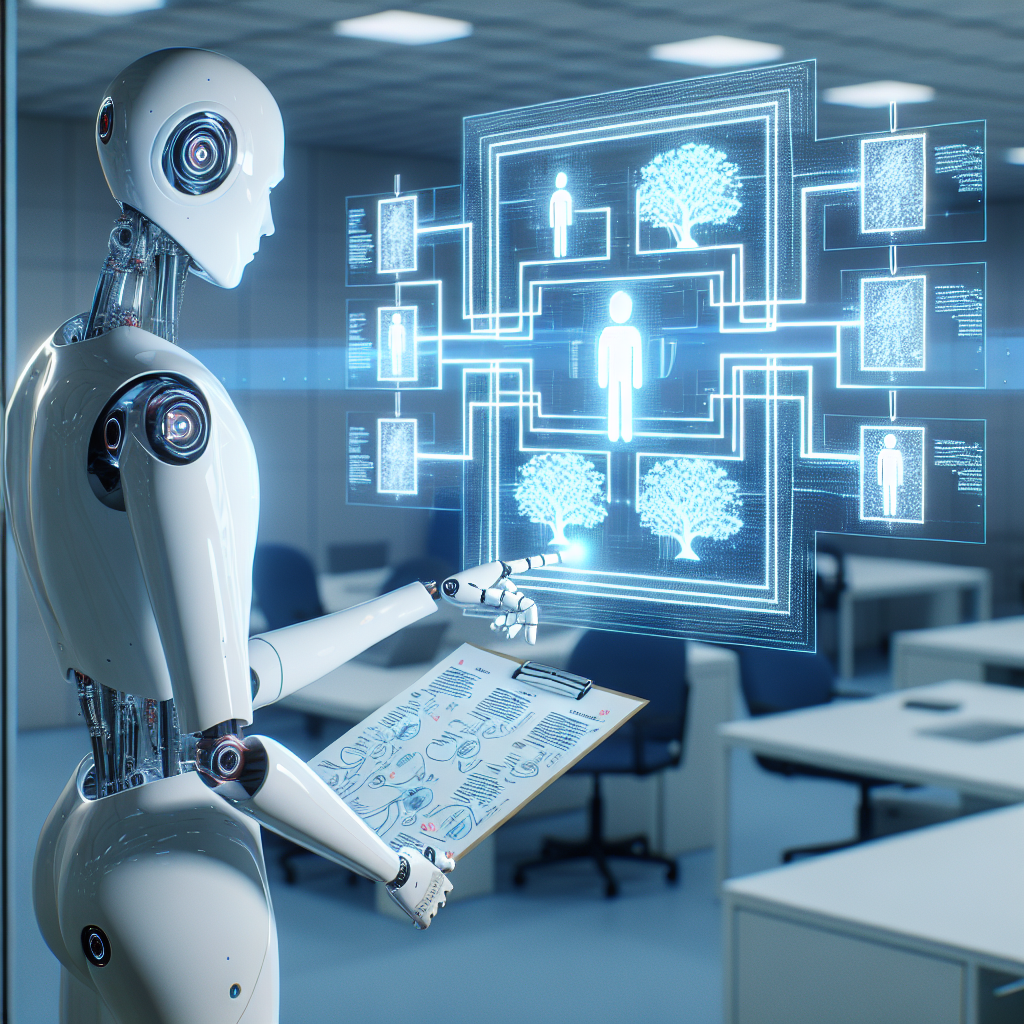Artificial General Intelligence (AGI) is a form of artificial intelligence that is capable of understanding and learning any intellectual task that a human being can. This type of AI is seen as the next step in the evolution of artificial intelligence, as it has the potential to greatly impact various industries, including the job market. AGI has the ability to automate tasks that were previously thought to be only achievable by humans, which could lead to significant changes in the workforce.
In this article, we will explore the potential impact of AGI on the future of work and how AI will transform the job market. We will also address some frequently asked questions about AGI and its implications.
AGI and the Future of Work
The development of AGI has the potential to greatly transform the job market in various ways. One of the main impacts of AGI on the workforce is the automation of tasks that were previously performed by humans. This could lead to the displacement of workers in certain industries, as AI becomes more proficient at performing tasks that were once thought to require human intelligence.
For example, AGI could be used to automate tasks in industries such as customer service, data entry, and even creative fields like writing and design. This could lead to job losses for workers in these industries, as companies increasingly turn to AI to perform these tasks more efficiently and cost-effectively.
However, the automation of tasks by AGI could also lead to the creation of new job opportunities in other industries. As AI becomes more prevalent in the workforce, there will be a growing demand for workers who have the skills to develop, maintain, and manage AI systems. This could lead to the emergence of new job roles in fields such as AI research, data science, and robotics.
Another potential impact of AGI on the job market is the redefinition of job roles and responsibilities. As AI becomes more integrated into the workforce, workers will need to adapt to new ways of working and collaborate with AI systems to perform tasks more efficiently. This could lead to a shift towards more collaborative and interdisciplinary work environments, where humans and AI work together to achieve common goals.
Overall, the development of AGI has the potential to greatly impact the job market by automating tasks, creating new job opportunities, and redefining job roles and responsibilities. As AI continues to advance, it is important for workers to adapt to these changes and acquire the necessary skills to thrive in a future where AI is ubiquitous in the workforce.
FAQs about AGI and the Future of Work
Q: What is AGI and how does it differ from other forms of AI?
A: AGI is a form of artificial intelligence that is capable of understanding and learning any intellectual task that a human being can. Unlike other forms of AI, which are designed to perform specific tasks or functions, AGI aims to replicate human intelligence in a more general sense.
Q: How will AGI impact the job market?
A: AGI has the potential to automate tasks that were previously performed by humans, leading to job losses in certain industries. However, it could also create new job opportunities in fields such as AI research and data science.
Q: What skills will be in demand in a future where AGI is prevalent in the workforce?
A: Workers will need to acquire skills in fields such as AI development, data science, and robotics to thrive in a future where AGI is integrated into the workforce. Additionally, skills such as critical thinking, problem-solving, and creativity will be important for collaborating with AI systems.
Q: How can workers adapt to the changes brought about by AGI in the job market?
A: Workers can adapt to the changes brought about by AGI by acquiring new skills, staying up-to-date with the latest developments in AI, and embracing a mindset of lifelong learning. It is important for workers to be proactive in preparing for a future where AI is prevalent in the workforce.
In conclusion, AGI has the potential to greatly transform the job market by automating tasks, creating new job opportunities, and redefining job roles and responsibilities. As AI continues to advance, it is important for workers to adapt to these changes and acquire the necessary skills to thrive in a future where AI is ubiquitous in the workforce. By embracing these changes and preparing for a future where AI is prevalent, workers can position themselves for success in a rapidly evolving job market.

